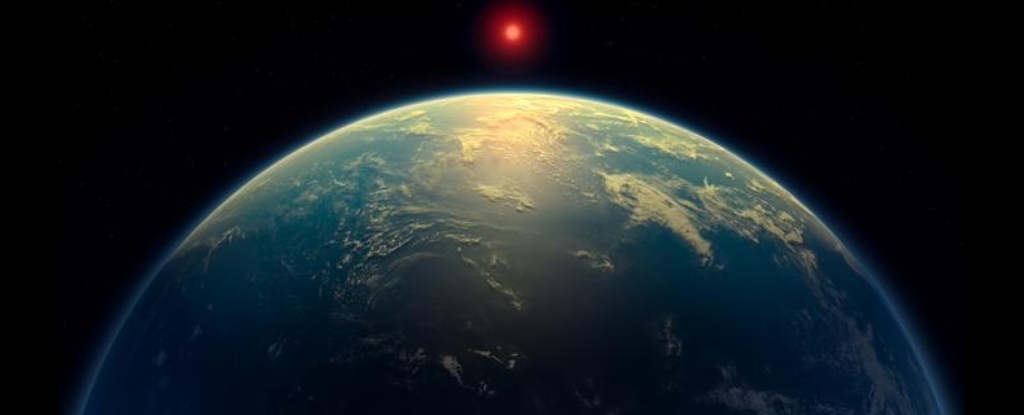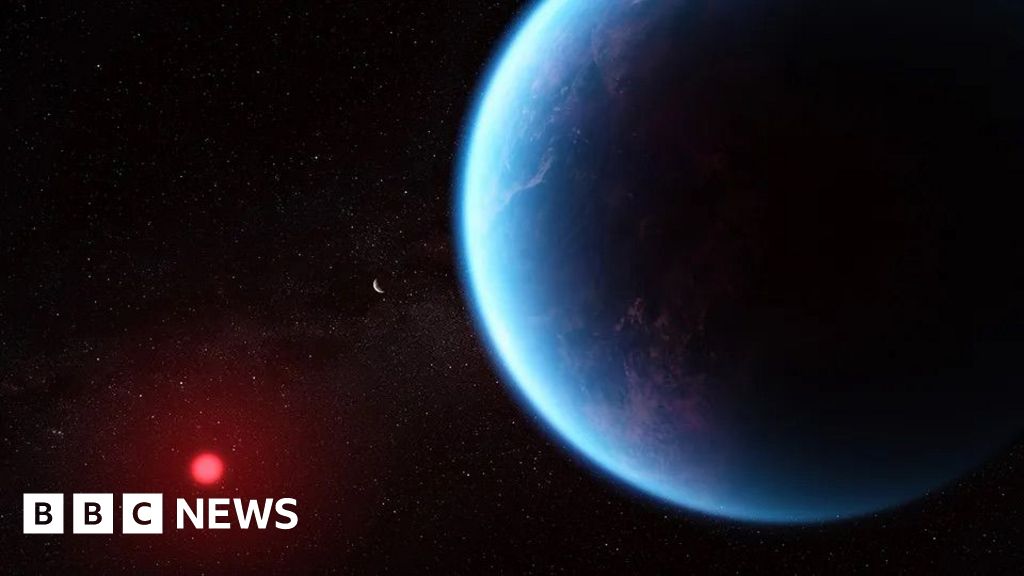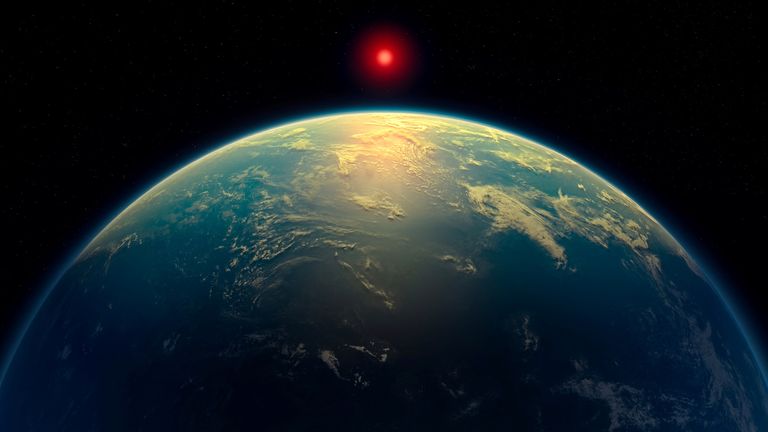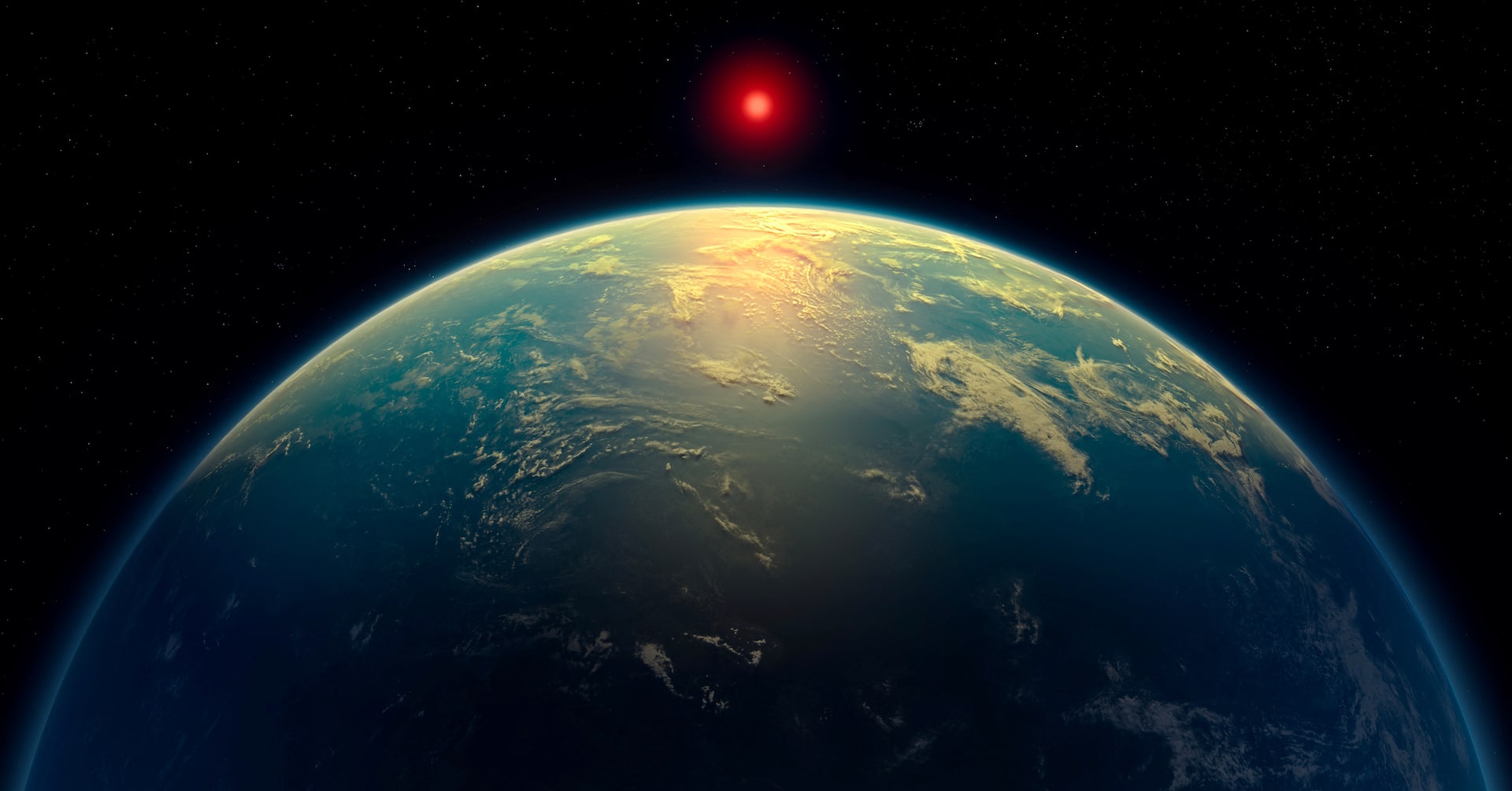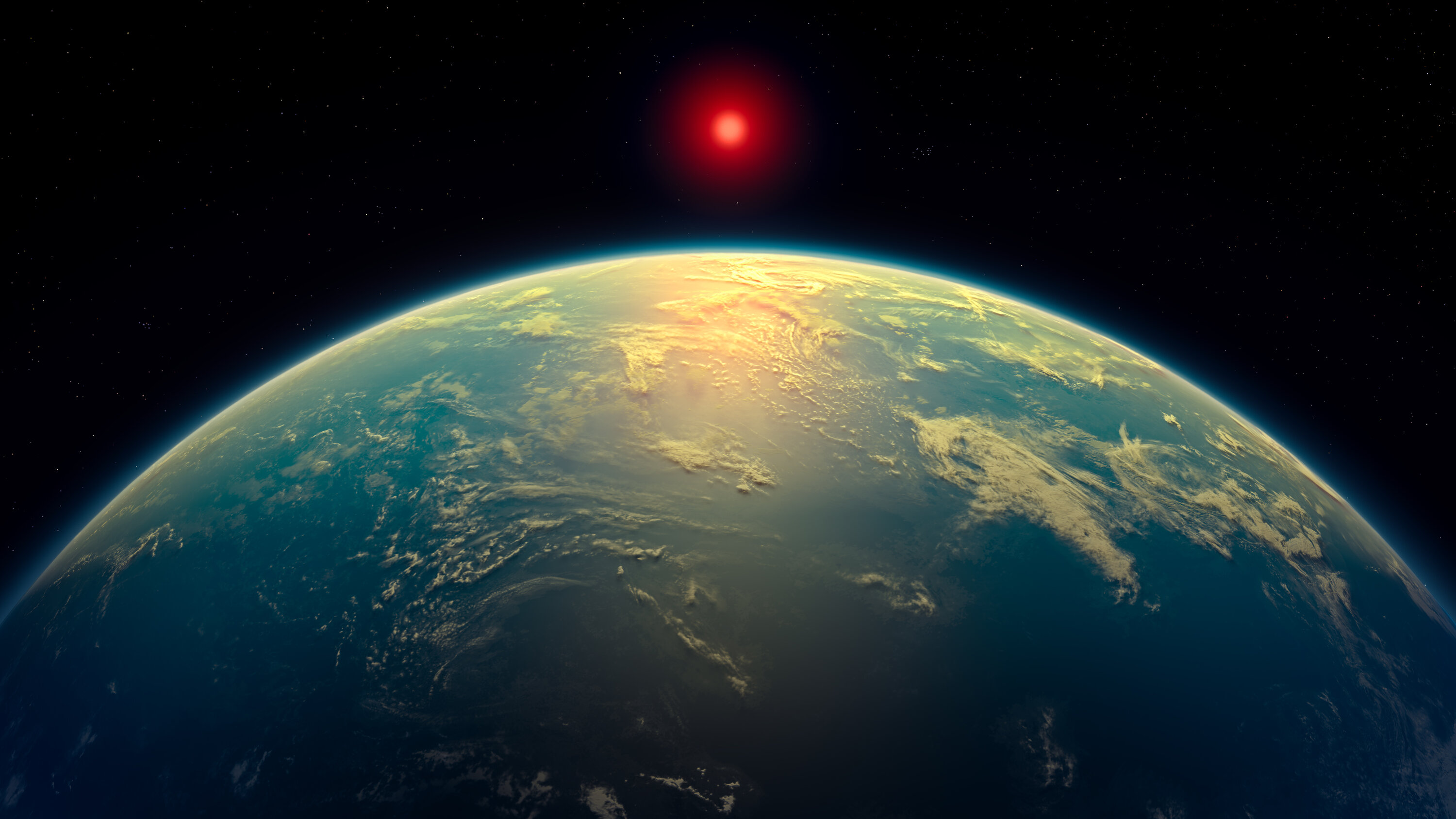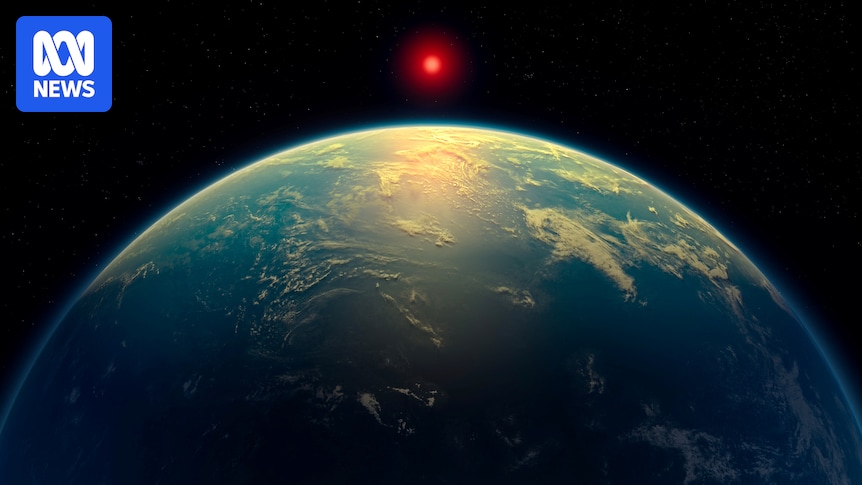
Alien World Breakthrough: Scientists Uncover Strongest Clues Yet of Extraterrestrial Life
In a groundbreaking discovery that could potentially signal extraterrestrial life, a collaborative team of British and American researchers has detected compelling evidence of two gases typically associated with biological processes on Earth. These intriguing chemical signatures were identified in the atmosphere of a distant planet, sparking excitement and speculation about the possibility of life beyond our solar system. The gases, which on our planet are exclusively produced by living organisms, were discovered through sophisticated astronomical techniques that allow scientists to analyze the chemical composition of exoplanetary atmospheres. This remarkable finding represents a significant step forward in humanity's quest to understand whether life might exist on other worlds. While the researchers are careful not to definitively claim the presence of life, the detection of these biological markers opens up tantalizing new avenues for scientific exploration. The discovery highlights the incredible advances in space observation technology and our growing ability to peer into the atmospheric makeup of planets orbiting distant stars. Scientists are now eagerly awaiting further investigation and additional observations to confirm and expand upon this potentially revolutionary finding. The implications of such a discovery could fundamentally reshape our understanding of life in the universe and our place within it.

